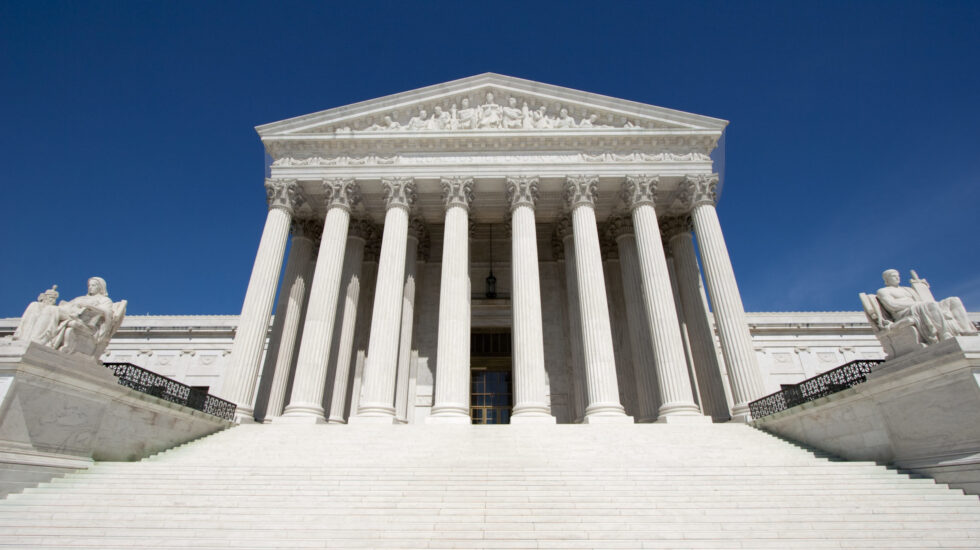The Supreme Court has sided with the state of Arizona in a voting rights case, upholding two restrictions that the plaintiff, the Democratic National Committee, claimed discriminated against minorities. The ruling reverses the findings of a lower court.
At issue were two Arizona election rules. One prevents third parties – other than family members and caregivers – from collecting mail-in ballots, a practice often called “ballot harvesting.” The other rule disqualifies votes cast in the wrong precinct.
The 6-3 vote was consistent with the court’s ideological make-up. The majority opinion, penned by Justice Samuel Alito, asserts that “Ensuring that every vote is cast freely, without intimidation or undue influence, is… a valid and important state interest.” Alito noted that polls workers are trained to “redirect voters who arrive at the wrong precinct.”
The New York Times provides additional context:
The decision was the court’s first consideration of how a crucial part of the Voting Rights Act of 1965 applies to voting restrictions that have a disproportionate impact on members of minority groups, and it was issued as disputes over voting rights have taken center stage in American politics.
As Republican-controlled state legislatures increasingly seek to impose restrictive new voting rules, Democrats and civil rights groups have turned to the courts to argue that Republicans are trying to suppress the vote, thwart the will of the majority and deny equal access to minority voters. The decision suggested that Supreme Court would not be inclined to strike down many of the measures.
In a dissenting opinion, Justice Elena Kagan challenged Congress to strengthen voting rights:
Maybe some think that vote suppression is a relic of history—and so the need for a potent Section 2 has come and gone. … But Congress gets to make that call. Because it has not done so, this Court’s duty is to apply the law as it is written. The law that confronted one of this country’s most enduring wrongs; pledged to give every American, of every race, an equal chance to participate in our democracy; and now stands as the crucial tool to achieve that goal. That law, of all laws, deserves the sweep and power Congress gave it. That law, of all laws, should not be diminished by this Court.
In March, the House passed The For the People Act, which sets federal voting standards and overrides a wave of restrictive voting measures popping up across the country. But Republicans have used the threat of the filibuster to block the bill in the Senate.



